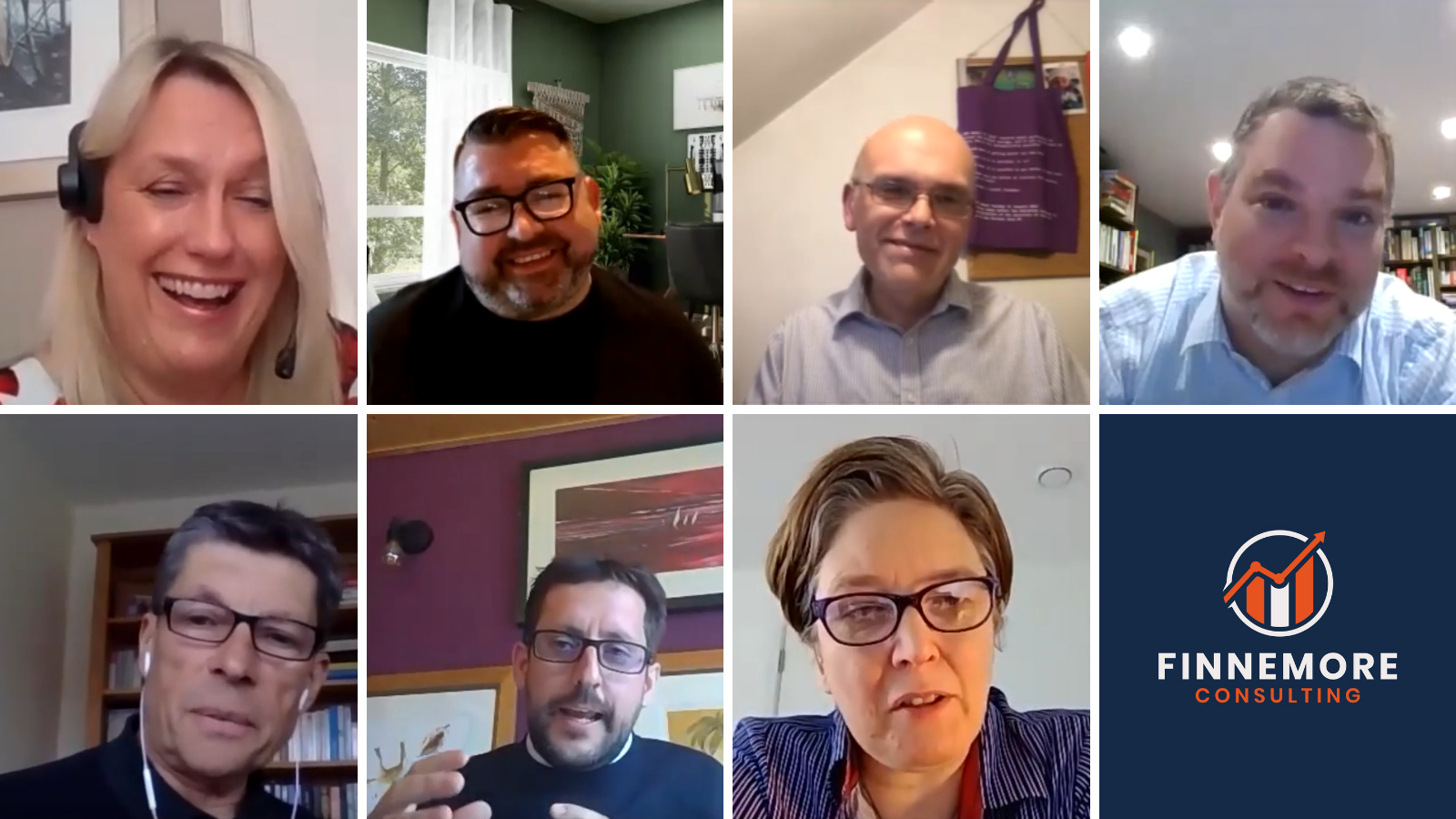How good are you at predicting the future? This image has resurfaced as the article was written 110 years ago and talks about climate issues linked to coal – amazing foresight! What it doesn’t get quite right is the timeline; it says “the effect may be considerable in a few centuries” when actually we’re at a crisis point already.

How often do businesses fall into the trap of thinking a problem is somewhere out there on the horizon when it’s really about to smack them in the face?
I work with the edtech industry and there are quite a few examples I can think of:
👉 The need to access all teaching, learning and school management technology from outside of the school came into VERY sharp focus in the face of lockdowns – lots of people were caught out.
👉 With the academisation agenda, the way schools make decisions and purchase solutions has been turned on its head which has had a major effect on some company business models that probably thought they were safe (the school MIS market in particular).
👉 Free and ‘freemium’ solutions have changed what schools are willing to pay for, you need to find ways to add extra value or risk being ditched altogether.
Here’s what can you do to future-proof your edtech business:
- Listen to your customers
- Encourage employees to speak up – find out what your workforce wants
- Challenge every assumption
- Embrace imperfection
- Iterate, don’t reinvent – be agile
- Be willing to grow
- Test out new marketing strategies
- Harness the power of tech
I’ll talk more about each of these in future blogs, but we also cover all of these in detail within our coaching programme.
How are you future-proofing your education business?










